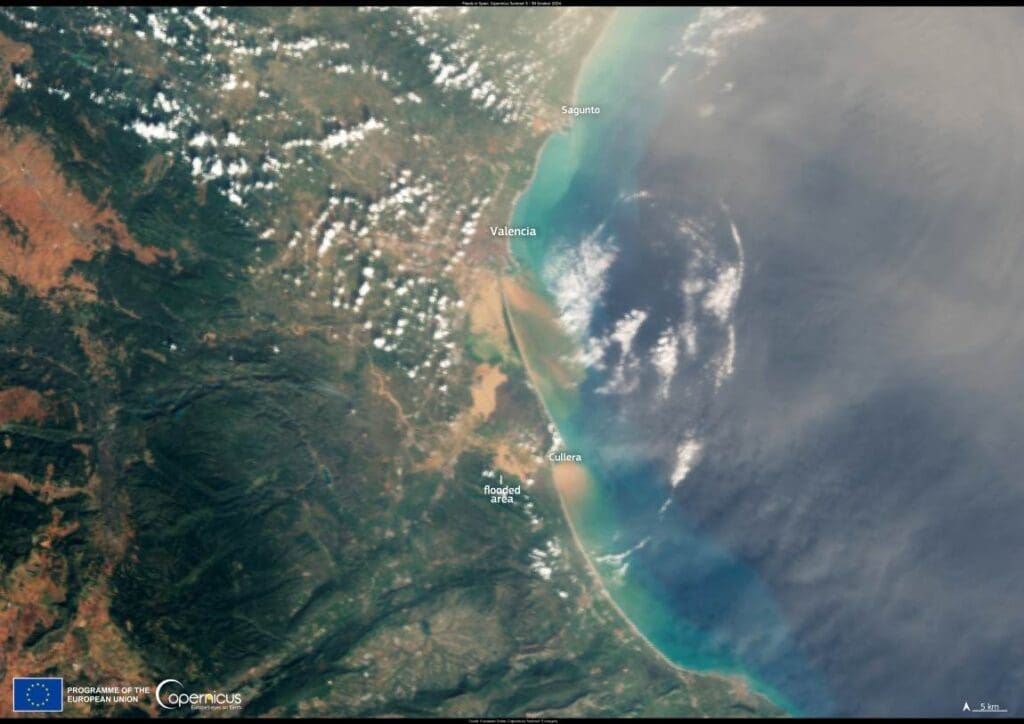Paris, France | AFP
Oceans need stronger protections and governance to ensure the blue economy can grow fairly and sustainably in the face of climate change, territorial disputes and other threats, the OECD said Monday.
Covering two-thirds of Earth, oceans provide more than three billion people with enough to eat, transport 80 percent of all goods and host cables that carry 98 percent of the world’s internet traffic.
The ocean economy expanded to $2.3 trillion in 2020 but various headwinds could hinder future growth, the Organisation for Economic Cooperation and Development said in a new report.
Published ahead of a high-level oceans summit in Paris, the report said if historical trends continued the blue economy “could be nearly four times larger by 2050 than in 1995”.
“However, various forces could slow or even reverse growth by 2050 if no policy actions are taken.”
Population growth, environmental pressures and technological advances were among the factors to shape the ocean economy’s future potential, it added.
The ocean economy doubled in real terms between 1995 and 2020, with most of that growth originating in countries in Asia and the Pacific region.
Tourism and offshore oil and gas extraction generated about two-thirds of total gross value added and over that 25-year span, oceans supported more than 100 million full-time jobs.

“If considered a country, the ocean economy would be the world’s fifth-largest economy in 2019,” the OECD said.
But it is also witnessing territorial disputes, with countries making overlapping claims, and the growth of illegal activities that have given rise to a “dark ocean economy”.
The OECD said that these “powerful forces” had driven a policy response from governments but “while progress has been made, many challenges remain”.
“Further action is needed” to foster international cooperation and governance mechanisms to ensure a productive and sustainable economy, it said.
The report comes as the world’s oceans suffer a crisis of pollution, overfishing, and record-breaking levels of warmth that has harmed marine life and raised global temperatures.
Authorities in Australia announced last week that an “unprecedented” mass bleaching event had been recorded off the country’s western coast, turning a celebrated coral reef a sickly white.
The United Nations is hosting a major conference in the southern French city of Nice in June to specifically address these challenges and the sustainable use of the world’s oceans.
sb-np/klm/phz
© Agence France-Presse
More information:
OECD (2025), ‘The Ocean Economy to 2050’, OECD Publishing, Paris, DOI: 10.1787/a9096fb1-en
Article Source:
Press Release/Material by AFP
Featured image credit: Nghĩa Đặng | Pixabay




